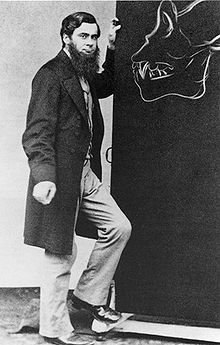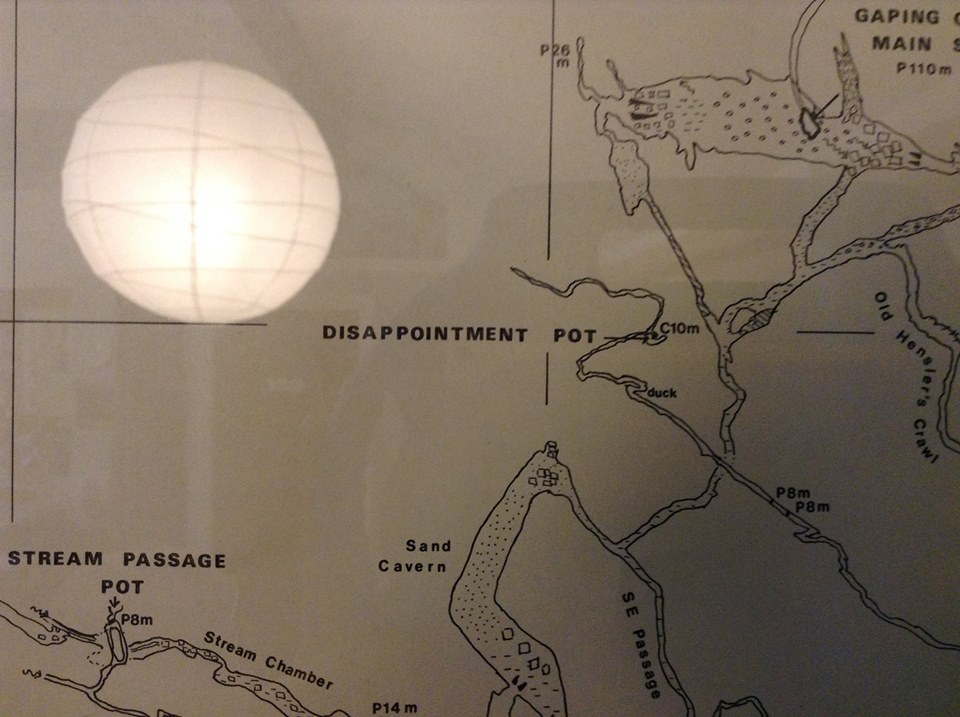To a man of [Frederic] Myers’ eager temperament restrained indifference was not possible; his pent-up enthusiasm was sooner or later sure to find some line of discharge. And it so happened that a ready line of discharge was at that point presented to him by the crusading Christianity of Mrs. Josephine Butler, the still young and beautiful wife of George Butler, Vice-Principal of Cheltenham College, and later Principal of Liverpool College. Mrs. Butler later, of course, became famous for her work among prostitutes and her campaign against the Contagious Diseases Acts. At this time however she was chiefly engaged in what might be described as the spiritual seduction of promising young men. Her religion was emotional rather than dogmatic, and her methods of conversion were simple. Having aroused her quarry by her exciting concern for his welfare, she would flatter him with an earnest account of her own inner trials and victories – an account delivered perhaps at twilight while she lay with her slim form stretched out upon a sofa – and at last capture him by a well-staged dénouement. She might, for instance, call him into her room to find her kneeling in pale beauty before her mirror, devoutly praying for his salvation. Only men with the coolest heads could resist such an appeal; and Myers was not one of them. During the next few years he met or visited Mrs. Butler repeatedly, and his way of life changed so much that his friends hardly knew him. One of them, Richard Jebb, noted in his Journal for 26 February 1866: “Myers devotes himself to self-discipline. He never goes anywhere. He gets up at 6.30 and goes to bed at 10.00. His days are spent in reading Ecce Homo and in thinking.”
Alan Gauld, The Founders of Psychical Research (Routledge & Kegan Paul, 1968)





